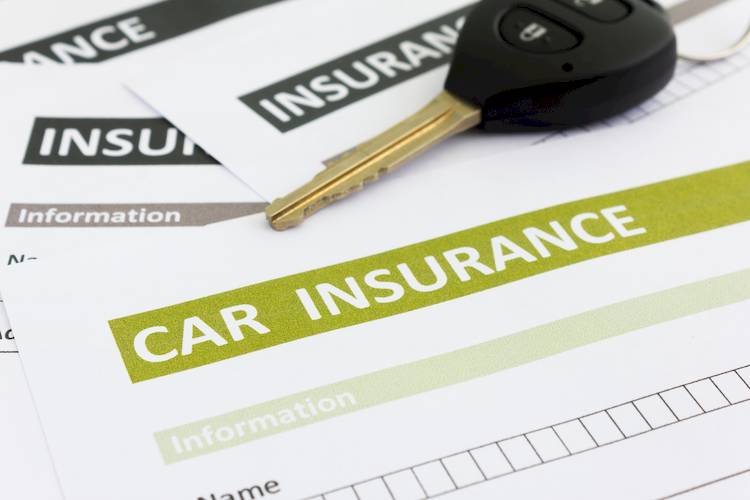

The state of Colorado requires all drivers are required to carry liability automotive insurance, or “financial responsibility,” in order to operate a vehicle legally and maintain vehicle registration. Colorado is a “tort” state, meaning that fault must be established before an insurance company must pay for damages or bodily injury.
The minimum financial responsibility requirements for private individuals under Colorado law is as follows:
A minimum of $25,000 per person, for bodily injury or death. This means you’ll need to carry a minimum of $50,000 to cover the lowest possible number of people involved in an accident (the two drivers).
A minimum of $15,000 for property damage liability
This means that the total minimum amount of financial responsibility you will need is $65,000 for both bodily injury and property damage liability.
Types of insurance
While the liability insurance listed above is the only type of auto insurance required in Colorado, the state also recognizes these types of insurance coverage:
Collision Insurance, which covers damages to your vehicle caused by a traffic accident.
Comprehensive Coverage, which covers damage that your vehicle may sustain due to non-traffic elements like inclement weather or fire.
Uninsured Motorist Insurance, which helps cover the costs of an accident in which the other driver was not insured, or was under-insured.
Medical Payment Coverage, which helps pay for medical bills that were the result of an accident. “Med Pay” coverage must be offered by an insurance provider, according to state law.
Rental Car Coverage, which covers the cost of damages to rental cars in an accident.
*Gap Coverage for Leased Vehicles, which covers the remainder of the lease in the event that the value of the car is less than the lease amount.
Proof of insurance
Any driver who is operating a vehicle registered in Colorado must carry proof of insurance with them. Proof of insurance is also required in order to register a vehicle with the DMV.
Acceptable documents to prove insurance include:
The insurance card from your authorized insurance provider
A copy of the insurance policy
A computer printout, fax, or e-mail from the authorized insurer proving that you have an insurance policy with their company
Electronic proof of insurance, such as a picture on your mobile phone of your insurance card
An SR-22 document, which is a specific proof of insurance carried by those who have previously had their licenses suspended for reckless driving charges
Violation penalties
If you fail to maintain liability insurance on your vehicle in Colorado, you could face several types of penalties:
Four points on your driver’s license
A minimum fine of $500
For first time offenders, your license will be suspended until you prove you have insurance. For repeat offenders, your license can be suspended for up to eight months.
For more information, contact the Colorado Division of Motor Vehicles of the Department of Revenue through their website.



